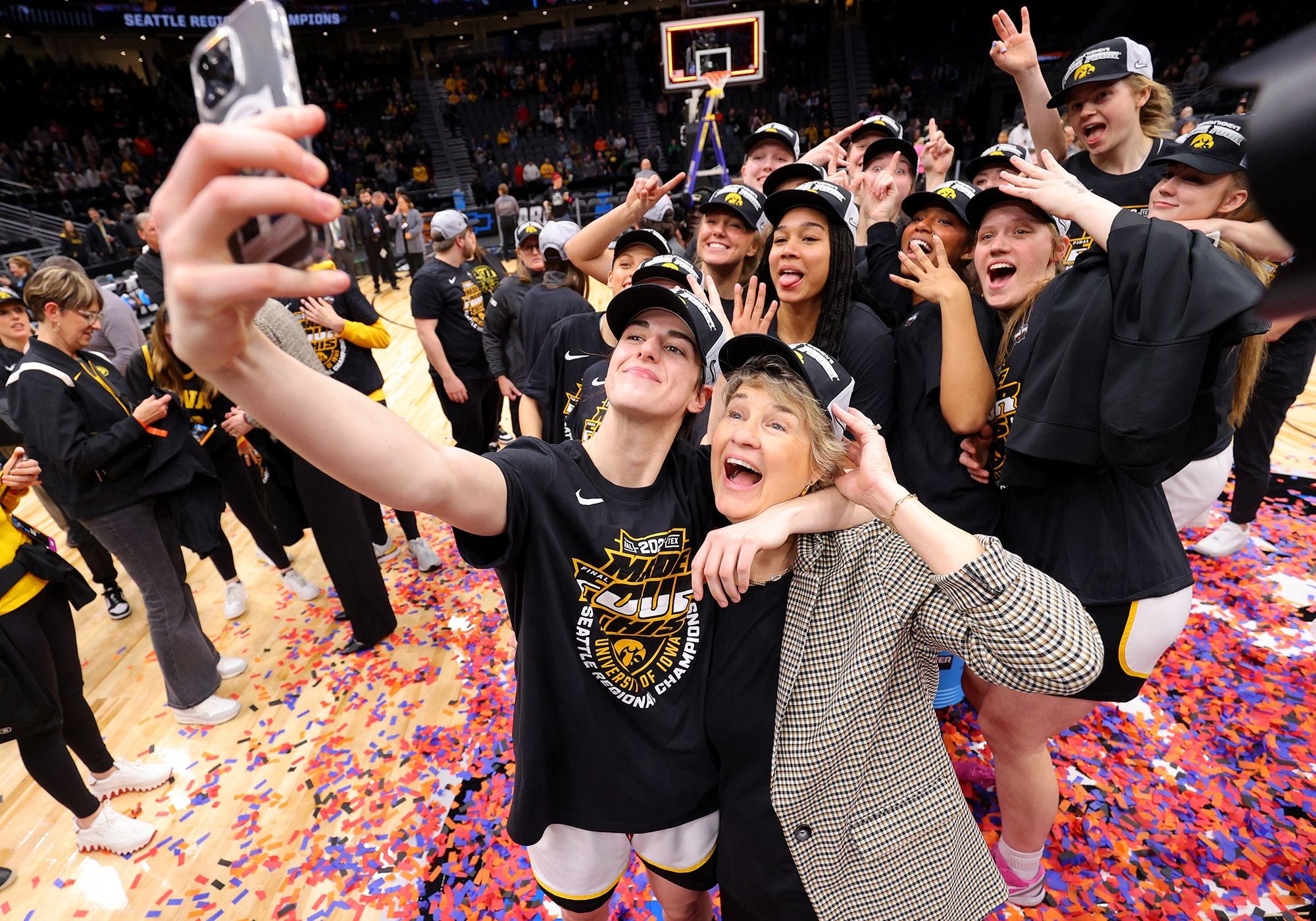Led by stars like Taylor Swift and Caitlin Clark, women keep breaking boundaries (and records)
(CNN) — It’s a woman’s world.
The most defining musicians of the era are Taylor Swift and Beyoncé. The highest-grossing film in recent memory is Greta Gerwig’s “Barbie.” And the most-watched basketball star is Caitlin Clark.
Female-created and focused entertainment is not just having a moment. It is proving that it is here to stay, with once-in-a-generation talents across various media facets redefining dated narratives that once relegated female-focused entertainment to second-class status.
Look no further than the music business. Swift and Beyoncé, having already dominated 2023, are set to own 2024. Beyoncé’s first country album, “Cowboy Carter,” topped Billboard’s charts with nearly half a million copies sold in its debut week. The success made her the first Black woman ever to have claimed the No. 1 spot on Billboard’s Top Country Albums list.
Meanwhile, Swift is set to release her highly anticipated album, “The Tortured Poets Department,” on Friday. The buzz around that work, her 11th album, could not be higher. iHeartRadio boss Tom Poleman went as far to tell CNN’s Alli Rosenbloom, “This is probably the most anticipated album ever that I’ve seen in my career.”
“It’s not just a music event, it’s a pop culture event that I think that everybody in America will be talking about and celebrating together,” Poleman said.
And, of course, it is not just the music arena in which women are leading the way.
Over the last couple of weeks, Clark drew enormous attention to the women’s NCAA Tournament, which posted staggering viewership numbers, breaking records in the lead up to the championship game. That game, in which Clark’s Hawkeyes faced off against the undefeated South Carolina Gamecocks, drew an average of 18.9 million viewers — not only out-rating the men’s championship for the first time ever, but becoming the most-watched basketball game of any league, including the NBA, since 2019. Then, this week, the WNBA draft shattered ratings records, drawing an average of 2.5 million viewers.
It goes without saying that the incredible talent each artist, performer and athlete brings to the table is responsible for drawing enormous audience interest. But the various feats also underscore a notable shift in culture. Female-led entertainment is no longer thought of by parts of the public as niche. It is now, in many respects, more in vogue than the entertainment from male counterparts.
That strong gravitational pull toward women-focused entertainment reflects a new normal. While men have long controlled Hollywood and sports, society has pushed far beyond those days, with women reaching ever-greater stardom and acclaim. The public now expects that its entertainers reflect the diversity that exists in communities across the country and world.
There is also a cross-pollination effect at play. The impact of a once-in-a-generation star like Swift will surely inspire interest in other female-led performers, spawning even greater appetite and opportunities. Those economic and viewership successes should also lead media executives to invest more heavily in the space.
Unfortunately, not all aspects of society have yet to catch up with the changing cultural dynamics. Yes, both Swift and Beyoncé are cashing in on their music. But the same cannot be said about other wings of entertainment.
Women’s sports are often difficult to find or rarely given the massive exposure and pomp of men’s athletics on major media outlets. The Wall Street Journal noted that while the NCAA women’s tournament outshined the men’s, the latter was far more lucrative, raking in $873 million for the television rights compared to $6.5 million for the women’s. Much of that gap is due to the significantly lower cost outlets have paid for the broadcast rights.
Meanwhile, as “Barbie” was widely celebrated for its cultural commentary (and massively successful at the box office), Gerwig was snubbed by the Academy of Motion Picture Arts and Sciences, which didn’t even nominate her for best director. (“Barbie” was produced by Warner Bros. Pictures, which shares the same parent company as CNN.)
And Clark, the WNBA’s No. 1 overall draft pick, signed a four-year contract with the Indiana Fever for just $338,000. Compare that to the NBA’s top pick Victor Wembanyama, who signed a $55 million contract with the San Antonio Spurs.
“There’s just something about this that’s so disturbing,” “Today” co-host Hoda Kotb said on the show Tuesday.
“I mean, I picture all the little girls with signs that say, ‘Caitlin!’ but this is what her contract is worth?” she added.
Society is making progress. But there is a long way to go.
